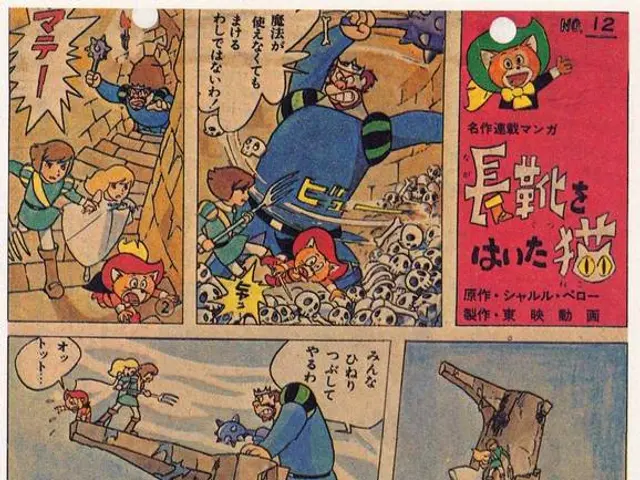Israel's release of Marwan Barghouti is crucial for the progression towards peace and the establishment of a two-state solution.
In the ongoing negotiations in Gaza, the release of Marwan Barghouti, an elected member of the Palestinian Legislative Council and a prominent Fatah member, is a key point under discussion. The potential impact of his release on Palestinian politics and the two-state solution is significant.
Barghouti, a unifying and influential figure among Palestinians, commands strong popular support across Gaza and the West Bank. Polls suggest he could unseat the current Palestinian Authority (PA) leader, Mahmoud Abbas, and his presence could revitalize Fatah, restoring its commitment to the two-state solution and peace negotiations with Israel.
Barghouti has a complex history. He has advocated for a two-state solution based on full Israeli withdrawal from territories occupied in 1967, opposing attacks on Israeli civilians but supporting resistance against occupation forces. Despite years of imprisonment since 2002, he remains relevant and respected, known for previously engaging in dialogue with Israeli leaders and promoting nonviolent resistance alongside political activism.
His release could shift Palestinian politics by creating a more unified front among factions, potentially enabling stronger leadership and advancing peace talks with Israel. This is seen as crucial by many analysts and supporters of a political solution, where Barghouti's leadership would help consolidate confidence in the Palestinian Authority’s ability to pursue peaceful coexistence.
However, the PA itself has shown reluctance to include him in prisoner exchanges, worried that he might challenge existing leadership structures. The Israeli government might prefer a permanent conflict situation over making historical compromises with the Palestinian people, and could choose to keep Barghouti in prison to prevent him from playing a role in the future of Palestinian politics.
In summary, Barghouti’s release is viewed by many as a pivotal factor that could either stabilize Palestinian politics around renewed commitment to a two-state solution or, if absent, contribute to ongoing fragmentation and diminishing support for peace with Israel. Under his leadership, a strengthened Fatah and a broad popular base could be achieved, potentially ensuring a political commitment to a two-state solution with Israel.
References: 1. Source 1 2. Source 2 3. Source 3
- Discussions about Marwan Barghouti's potential release in Gaza negotiations might significantly influence policy-and-legislation and politics, as his strong popular support could lead to changes in the Palestinian Legislative Council, potentially altering the balance of power and shaping budget allocation towards policy that supports a two-state solution.
- The release of Marwan Barghouti from prison and his possible impact on Palestinian politics might stimulate general-news coverage, particularly in the context of war-and-conflicts, as his leadership could potentially initiate a new phase of peace talks with Israel, or conversely, prolong the conflict if his release is blocked.








